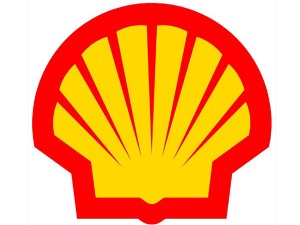SC junks Shell’s bid for P95-M tax refund

The tribunal’s First Division granted the petition of the BIR for the reversal of the June 24, 2009, decision of the Court of Tax Appeals en banc which ordered the government to run the excise taxes paid by Shell on petroleum products sold to international carriers of foreign registry for their use or consumption outside the country.
Shell based its claim for refund on Section 135 (a) of the National Internal Revenue Code of 1997 which expressly grants excise tax exemption to international carriers for their purchases of locally manufactured petroleum products.
However, the court sided with the BIR’s stand that the Section 148 of the same law also expressly subjects petroleum products to an excise tax before they are removed from the place of production.
“Considering that the excise tax attaches to petroleum products ‘as soon as they are in existence as such,’ there can be no outright exemption from the payment of excise tax on petroleum products sold to international carriers,” the high court’s First Division said in a decision penned by Associate Justice Martin Villarama Jr.
Concurring with the ruling were Chief Justice Renato Corona and Associate Justices Teresita Leonardo-De Castro, Lucas Bersamin and Mariano Del Castillo.
Article continues after this advertisementThe justices said that based on the 1967 Supreme Court case, Philippine Acetylene Co. v. Commissioner of Internal Revenue, a tax exemption being enjoyed by the buyer could not be the basis of a claim for tax exemption by the manufacturer or seller of the goods for any tax due to it as the manufacturer or seller.
Article continues after this advertisement“The excise tax imposed on petroleum products under Section 148 is the direct liability of the manufacturer who cannot invoke the excise tax exemption granted to its buyers who are international carriers,” the court explained.
Thus, it said, Shell’s locally manufactured petroleum products “are clearly subject to excise tax under Section 148.”
Shell filed three separate claims for tax refund in 2002 and 2003 worth more than P99 million. The CTA backed the claim but reduced the final amount to P95 million. When the court rejected the BIR’s motion for reconsideration, the latter elevated the case to the Supreme Court.
The BIR, through the Solicitor General, argued that the obvious intent of the NIRC was to grant excise tax exemption to international carriers and exempt entities as buyers of petroleum products and not the manufacturers or producers of said goods.
The court pointed out that under the law, the specific tax on petroleum products manufactured in the Philippines shall be paid by the producer, or person having possession of the same, and such tax shall be paid within 15 days from date of removal from the place of production.
Thus, the court said, if an airline company purchased jet fuel from an unregistered supplier who could not present proof of payment of specific tax, the company is liable to pay the specific tax on the date of purchase.